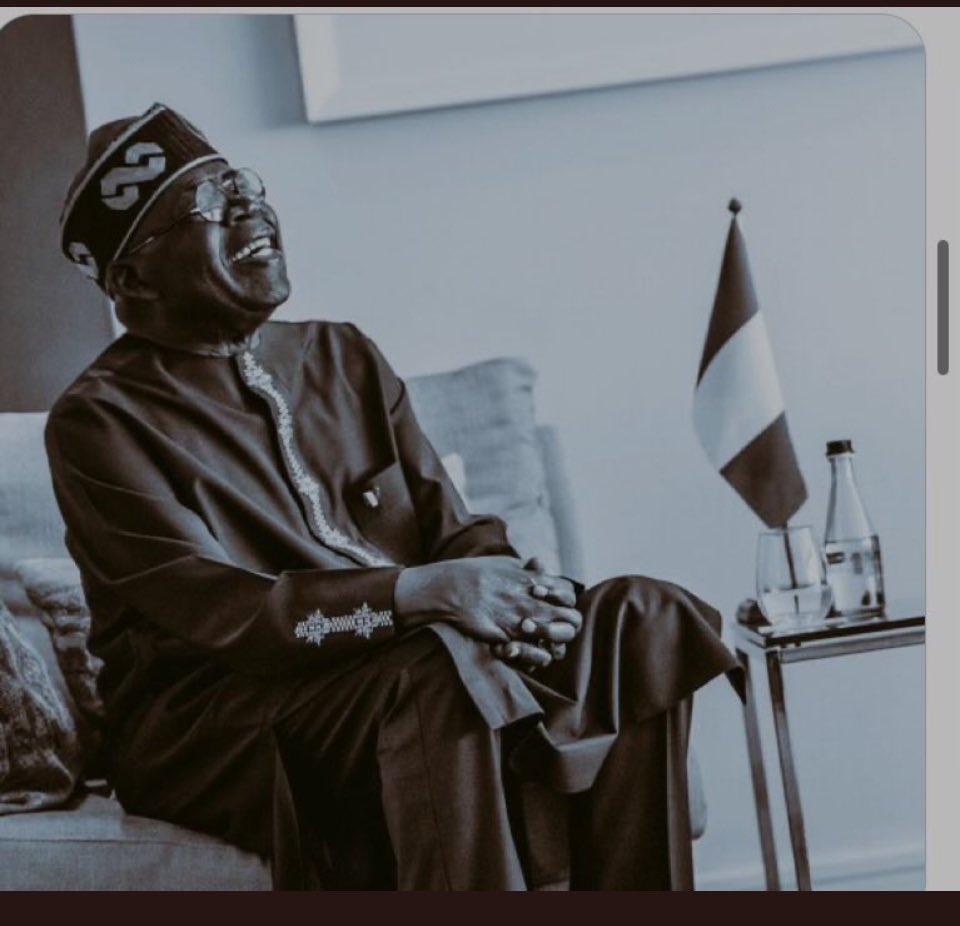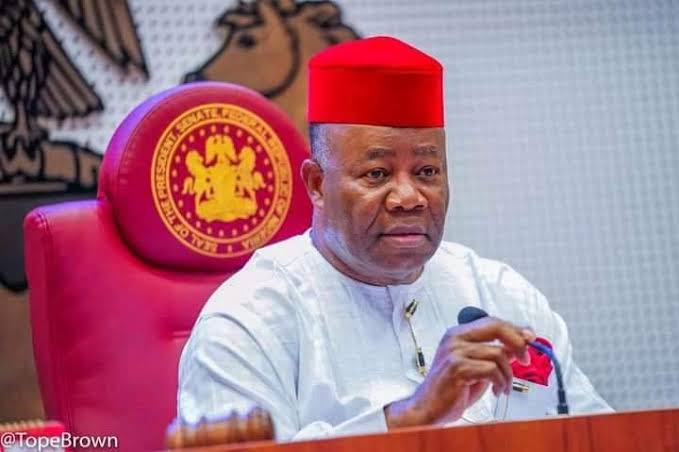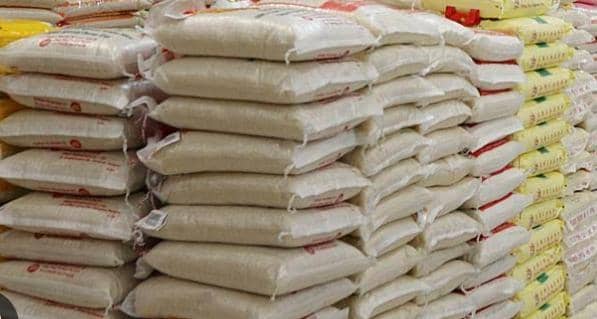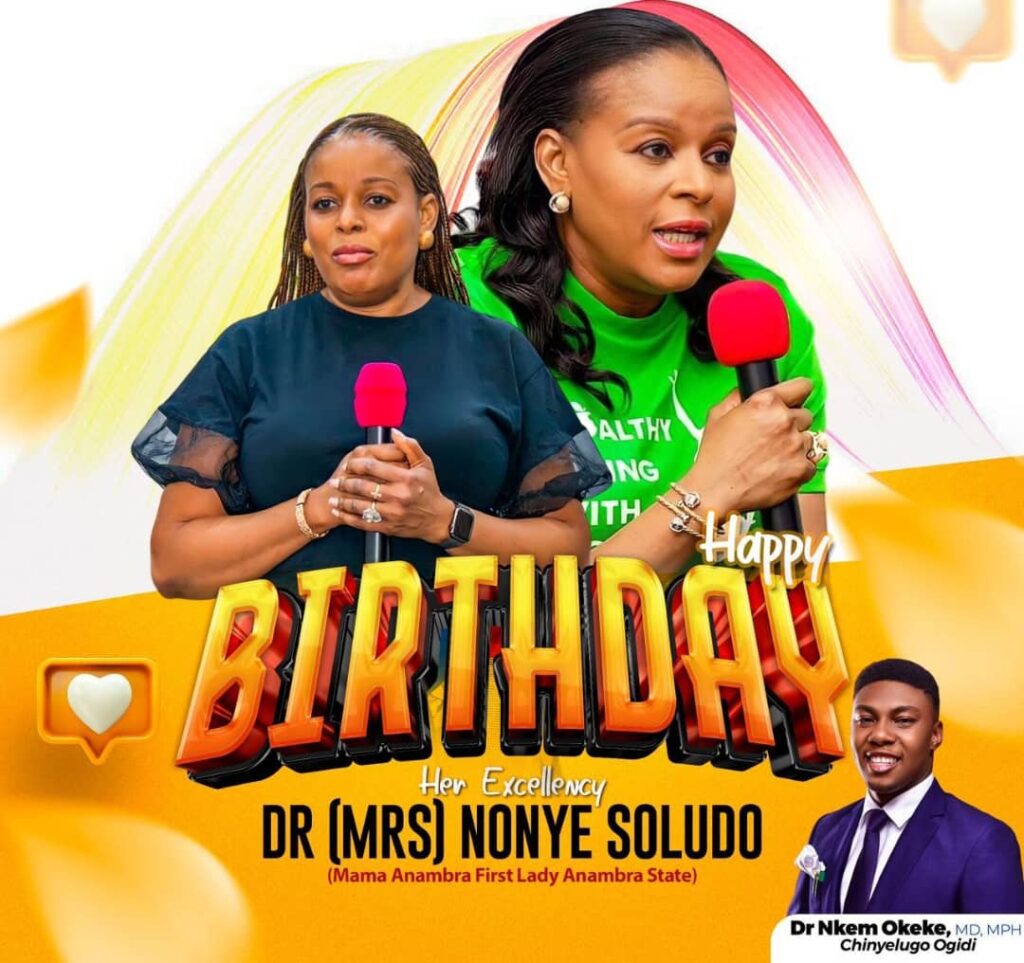As Nigeria inches closer to the 2027 general elections, political calculations are already beginning to take shape.
President Bola Ahmed Tinubu, whose victory in 2023 was achieved despite a turbulent campaign, appears ready for re-election. But beyond his strategies and performance in office, his strongest advantage in the coming election is not necessarily his political strategies, but the divisions tearing through the opposition.
From internal wrangling in the Peoples Democratic Party (PDP) to the Labour Party’s struggle to consolidate its newfound national appeal, and the perceived power struggle in the coalition-backed African Democratic Congress (ADC), Nigeria’s opposition appears more preoccupied with internal issues than mounting a united front.
If this fragmentation persists, it could replicate the 2023 scenario, where multiple opposition candidates split the votes, clearing an easier path for Tinubu to emerge as Nigeria’s 16th president.
With Tinubu, who is renowned for his mastery of Nigerian politics and the ruling All Progressives Congress (APC) holding the power of incumbency, the opposition leaders’ inability to align behind a single credible candidate risks turning the 2027 race into a foregone conclusion.
Here are some of the adjudged ‘minor issues’ in the opposition that could seal President Tinubu’s return to power.
The Struggle For ADC Ticket
The African Democratic Congress (ADC), established to serve as an alternative and credible opposition party, has, in a short time, become a platform for individuals seeking the party’s presidential ticket.
ADC Coalition
What was initially expected to be a unifying platform for aggrieved blocs has instead become a source of fresh division, with multiple presidential hopefuls jostling for control.
The perceived struggle for power within the party is setting the stage for ego clashes. Already, former Vice President Atiku Abubakar is quietly consolidating his influence within the coalition, while Peter Obi and former Rivers State Governor Rotimi Amaechi have openly declared their presidential ambitions. Each commands his own following, but their parallel pursuits could jeopardise their main goal.
Atiku’s Strategic Grip On ADC
Former Vice President Atiku Abubakar, who remains a towering figure in opposition politics, is believed to be exerting quiet but significant influence on the ADC. Although he has yet to announce his candidacy, Atiku’s loyalists now occupy key positions in the ADC’s National Working Committee, Board of Trustees, and several state chapters. This behind-the-scenes dominance has unsettled other aspirants, fueling suspicion that the coalition may tilt in his favor long before the primaries are held.
While this demonstrates Atiku’s enduring strategic instincts, the perception that the former VP seeks to “own” the ADC could deter new entrants and weaken its broader coalition appeal.
Obi’s Strained Alliance
Obi’s move to join the ADC coalition was initially seen as a strategic attempt to expand his base beyond the Labour Party. However, a leaked memo from his Obidient Movement, which accused the ADC leaders of sidelining their principal and his supporters in key decision-making processes, affirmed the narrative that all is not well in the coalition.
While Obi remains a potent figure, his path to the ADC ticket looks increasingly obstructed. And without a clear alliance mechanism or expanded coalition, Obi risks isolating himself and his bargaining power in the opposition space.
Amaechi’s Direct Challenge
Unlike Atiku and Obi’s cautious manoeuvres, Rotimi Amaechi has chosen the direct route. In a recent X Space discussion, he declared, “I know Tinubu very well. I know his strengths. I know his weaknesses. And I know that if allowed to fly the flag of ADC, I will defeat Tinubu for sure.” Yet without a clear alliance with either Atiku or Obi, his chances of uniting enough of the opposition behind him remain slim.
PDP’s Counter Moves And Jonathan Speculation
While the ADC figures jostle for presidential tickets, the People’s Democratic Party (PDP) is quietly courting Obi’s return, with the party’s Governors’ Forum Chair, Bala Mohammed, hinting that his comeback could boost the party’s electoral fortunes.
However, some party heavyweights remain skeptical of his one-term pledge, favouring instead the possible re-emergence of former President Goodluck Jonathan.
In a recent interview, a PDP chieftain, Umar Sani, stated that the North would prefer Jonathan to Obi, describing the latter’s promise to spend four years in power as mere “political talk.”
– The Risk Of A Split Vote
With the ADC and PDP competing for the same opposition base, the dynamics point to a familiar danger.
If Atiku, Obi, Amaechi, and other aspirants pursue separate paths in 2027, the APC could once again benefit from a divided opposition.
Political analysts have warned that, without an urgent, deliberate effort to form a united front, the 2027 election could be decided before the first ballot is cast.
In politics, it is said that 24 hours is a long time. This suggests that the opposition still has enough time to close ranks and achieve its goal of wresting power from the APC. And for Tinubu, unity among his rivals is the only real threat; their division could well be his ticket to a second term.
Source: Vanguard
WARNING: If You Are Not 18+, Don’t Click The Link Below 👇🫣
https://pasteldrowsyaboriginal.com/kx6iepv2qm?key=6c14bd1d68e1eba721851f19778f5efe
Please don’t forget to “Allow the notification” so you will be the first to get our gist when we publish it.
Drop your comment in the section below, and don’t forget to share the post.
Never Miss A Single News Or Gist, Kindly Join Us On WhatsApp Channel:
https://whatsapp.com/channel/0029Vad8g81Eawdsio6INn3B
Telegram Channel:
https://t.me/gistsmateNG




